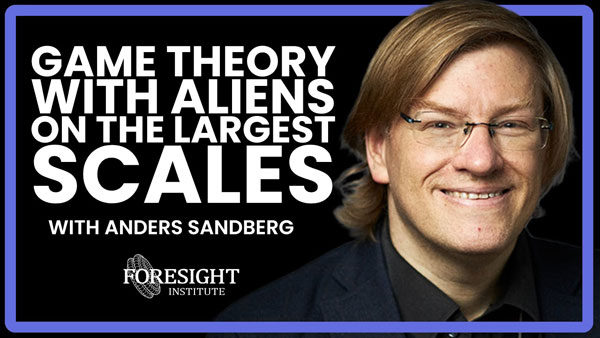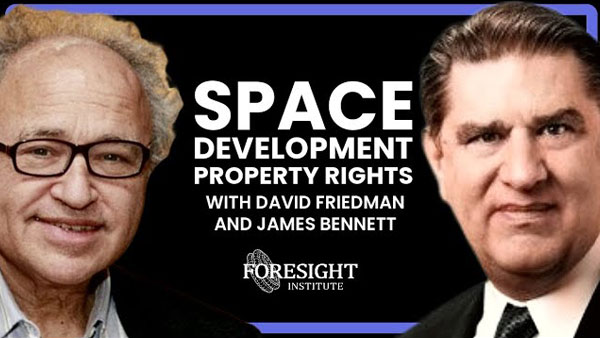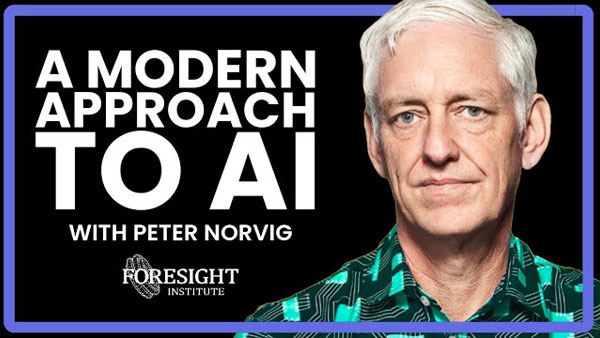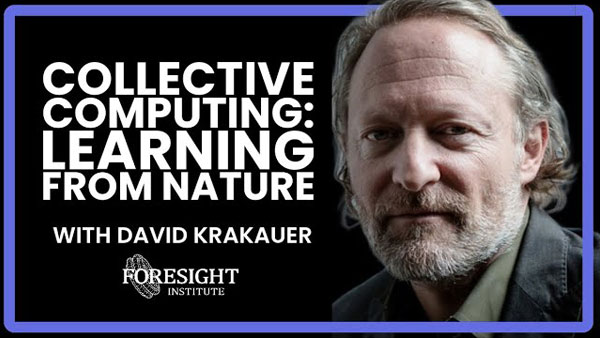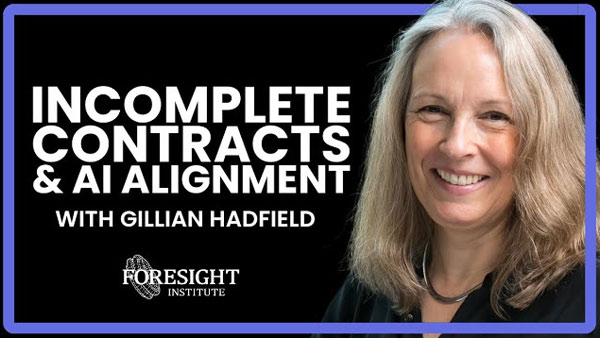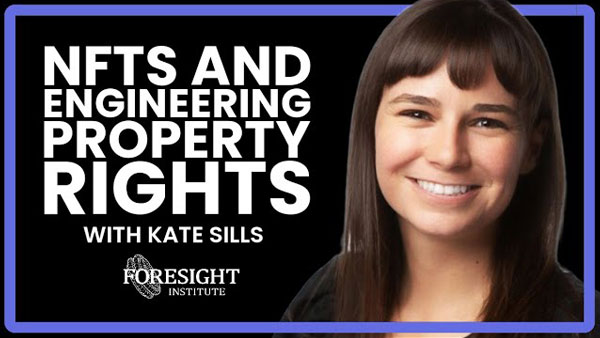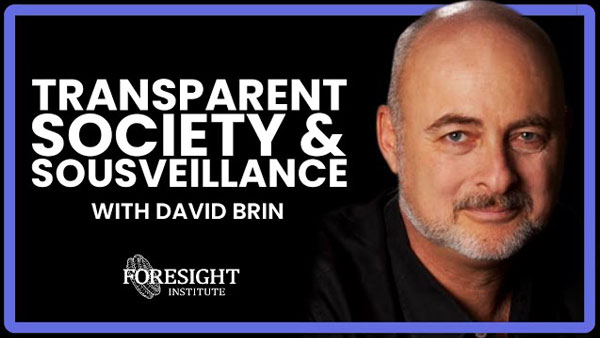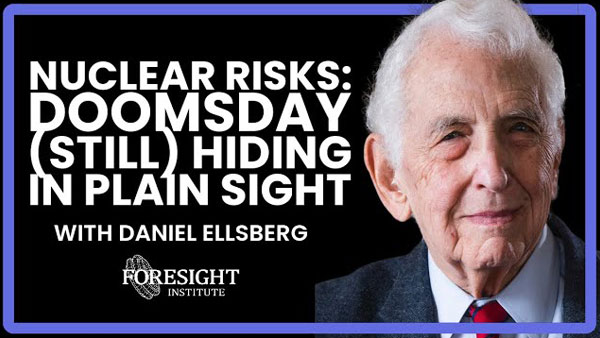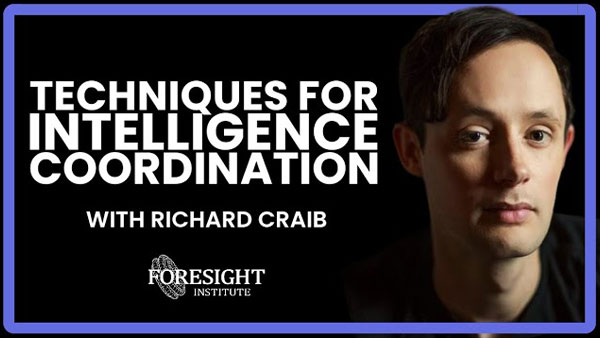Summary Anders dives into the far future, investigating how game theory might apply to galactic and universe scale civilizations. Conquest, diplomacy, and economic forces will be subject to constraints of light speed travel and emergent properties of space expansion. As our short term existential problems get solved, we may want to reflect on the future… Continue reading Anders Sandberg | Game Theory of Cooperating w. Extraterrestrial Intelligence & Future Civilizations
Summary The sel4 microkernel system was designed to be a highly secure yet open source framework. It functions on a level below the operating system, between the device hardware and user software layers. With one of the largest proofs of security in existence as well as successful real world implementation, this microkernel is one of… Continue reading Gernot Heiser | SeL4: Formal Proofs for Real-World Cybersecurity
Summary James Bennett Space Property Summary James Bennett comments on space development and universal basic income. He believes that within 24 months a demonstration of dramatically lowered costs may occur with SpaceX’s Starship. A mass accelerator could be used to create low cost shipping of bulk material to orbit. Space habitats could be built which… Continue reading David Friedman, James Bennett | Space Development Property Rights & Legal Considerations
Summary Norvig starts with the history of the textbook. In 1990, the textbooks were subpar. AI was changing in three ways – moving from logic to probability, from handcoded knowledge to machine learning, and from duplicating human systems toward normative systems that got the best answer no matter what. After leaving Berkeley to go to… Continue reading Peter Norvig, Google | Ai: A Modern Approach
Summary We work on how nature collectively computes solutions to problems & how these computations are refined in evolutionary and learning time. We explore these ideas at all levels of biological organization—from societies of cells to animal societies to markets to machine-human hybrid societies. Presenters David Krakauer, Santa Fe Institute David’s research focuses on the… Continue reading David Krakauer, Santa Fe Institute | Collective Computing: Learning from Nature
Summary Instead of trying to design a novel single superintelligent agent that aligns with human values, should we instead make a constellation of decentralized intelligences that can fit into our existing frameworks for cooperation? How can we achieve this? We start the exploration of this topic with principal-agent relationships between agents, and the tools humans… Continue reading Gillian Hadfield, University of Toronto | Incomplete Contracts & AI Alignment
Summary Kate Sills is a software engineer with an interest in economics and law. She has been a columnist for the Cato Institute and was previously a board member of the Tezos Commons Foundation. She graduated from the University of California at Berkeley with a degree in Computer Science. How can we create a blockchain… Continue reading NFTs and Engineering Property Rights | Kate Sills, Agoric
Summary David Brin is best-known for shining light on technology, society, and countless challenges confronting our rambunctious civilization. His best-selling novels include The Postman (filmed in 1997) plus explorations of our near-future in Earth and Existence. Other novels are translated into 25+ languages. His short stories explore vividly speculative ideas. Brin’s nonfiction book The Transparent… Continue reading Transparent Society & Sousveillance | David Brin, Author of The Transparent Society
Summary – Daniel Ellsberg is the author of four books: The Doomsday Machine: Confessions of a Nuclear War Planner (2017); Secrets: A Memoir of Vietnam and the Pentagon Papers (2002); Risk, Ambiguity and Decision (2001); and Papers on the War (1971). – After returning to the RAND Corporation in 1967, Ellsberg worked on the top-secret… Continue reading Nuclear Risks: Doomsday (Still) Hiding in Plain Sight | Daniel Ellsberg, Author of Doomsday Machine
Summary In the first half of this year, we started from scratch: what is cooperation, why is it important, what does it allow humans to do? Then we addressed what could happen if we port the cooperative arrangements that we already have into the digital world enhanced by crypto commerce. Now, what will happen to… Continue reading Staking, Signals, and Other Techniques for Intelligence Coordination | Richard Craib, NumerAI
